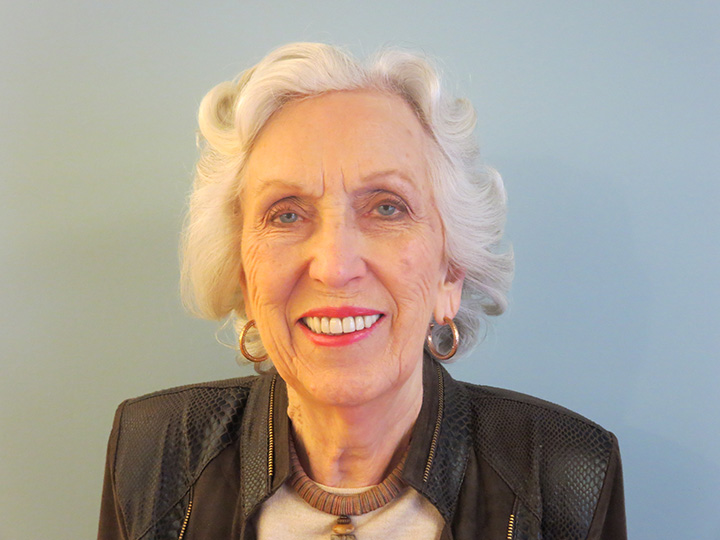Commentary by Lorene Burkhart
How many times have you been told to not rock the boat or upset the apple cart? Meaning, of course, don’t do anything that will either create confrontational change or draw attention to yourself. Funny how this is often the theme for status quo people or organizations.
In a recent Wall Street Journal article, Alana Dunagan wrote about Mitch Daniels, president of Purdue University, who announced the purchase of Kaplan, an online university, shocking the faculty and academic community. She called the decision by the trustees unexpected, unconventional and smart. Naysayers had mostly unprintable comments.
Rocking the boat, or in more sophisticated terms disrupting the status quo, is evident in most of the innovative new approaches to business and education. Aviator pioneer Gen. James Doolittle was often called “the master of the calculated risk,” weighing opportunity for innovation against keeping things going as they’ve always been.
As we age there is often a reluctance to “go out on a limb.” The “what if” mentality dominates and nothing changes. Frankly, I like the rocking boat as long as there is a plan for the shore. In other words, what is the benefit for the action and what is the downside?
We often get caught up in the noise of the moment. This is especially true in today’s noisy media world. In an article from “Brian Bulletin #104” the author extols the virtue of silence, stating that silence is golden and good for your brain. It goes on to say that noise pollution increases stress, which causes health and emotional distress. It recommends carving out some silence. Perhaps in the form of meditation but easily done by being alone in a space that invites calmness. An hour on a park bench is perfect. I find that my most creative ideas emerge after I’ve rested my brain. Unfortunately, this is often at 3 a.m.
In one of our Stratford Conversation Club meetings we shared tips on being a better listener. One of them was to suspend your own judgment until the other person has finished speaking. Imagine a world of thoughtful listeners who provide positive support for new ideas. Who knows what might happen?



